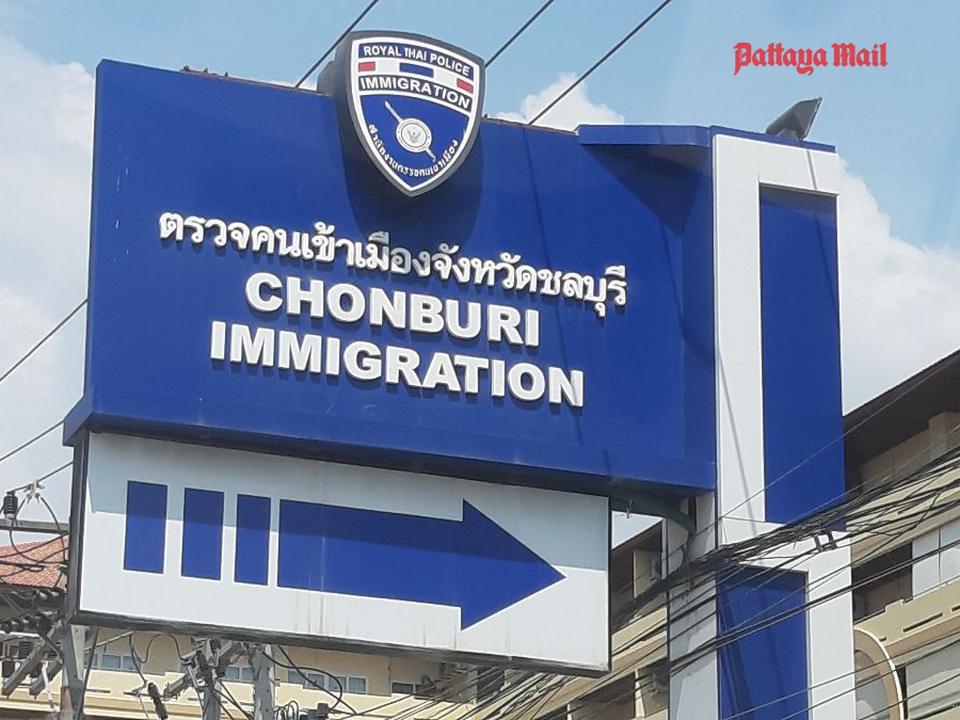
Early reports that the Thai Cabinet has agreed in principle that all non-immigrant, one year visa holders will need cover for Covid to renew their stay appear overblown. The suggestion was that all foreigners needing an annual renewal would require coronavirus cover to the tune of 3 million baht.
It now appears that only O/A annual visa holders will be affected. O/A visas are issued only by Thai embassies abroad although the annual renewal can be done at Thai immigration offices. Most holders are retirees. The Cabinet has suggested that those unable to purchase Covid insurance in Thailand – there is usually a maximum age of around 70 to start – can also purchase from foreign-based companies.
The reality is that most retirees in Thailand have an “O” visa either granted by a Thai embassy abroad or, more likely, awarded by the Thai immigration bureau. They do not currently require any insurance to renew their annual permission to stay and there is no mention of them in the Cabinet announcement. Some holders of O/A visas have changed to “O” in recent years, but many immigration offices require you to leave the country first to cancel the O/A.
However, the key point is that nothing has been set in stone at this point. The Cabinet has asked the immigration bureau, with other agencies, to look at the detail and come up with firm proposals. Thus it will likely be many months, maybe longer, before there is an action mandate appearing in the Royal Gazette. A lot could change in the interim period.
The whole issue of foreigners and insurance in Thailand is heavily bogged down. All foreign visitors arriving since early 2020 have needed Covid insurance, but this is easier to obtain before entry than when your visa comes up for renewal. Some foreign visitors are required separately and additionally to have general medical insurance (non-Covid), but not all: it depends on which visa you apply for.
So, as usual, the devil will be in the detail which we will not see for a long time. But most observers believe that elderly long-stayers in Thailand, sooner or later, will require some sort of insurance cover to satisfy Thai critics who have long claimed foreigners are bankrupting the health service because they don’t pay their bills. Covid-19 has brought this debate to a confusing head.
It is also true that Thailand’s advanced elderly expats – between the ages of 75 and 100 – often can’t obtain any kind of insurance in Thailand, especially if they have pre-existing conditions. But private Thai hospitals confirm that they are often wealthy individuals who have no choice anyway but to self-insure. Thus it is very likely that self-insurance will become a clear option for the first time and that extra wads of cash in the bank or other proofs of financial soundness will do the trick. As regards how much and in what form, only Time Will Show.
 |
 |
 |





